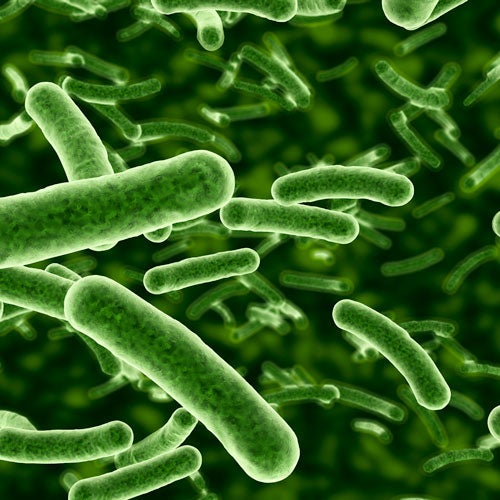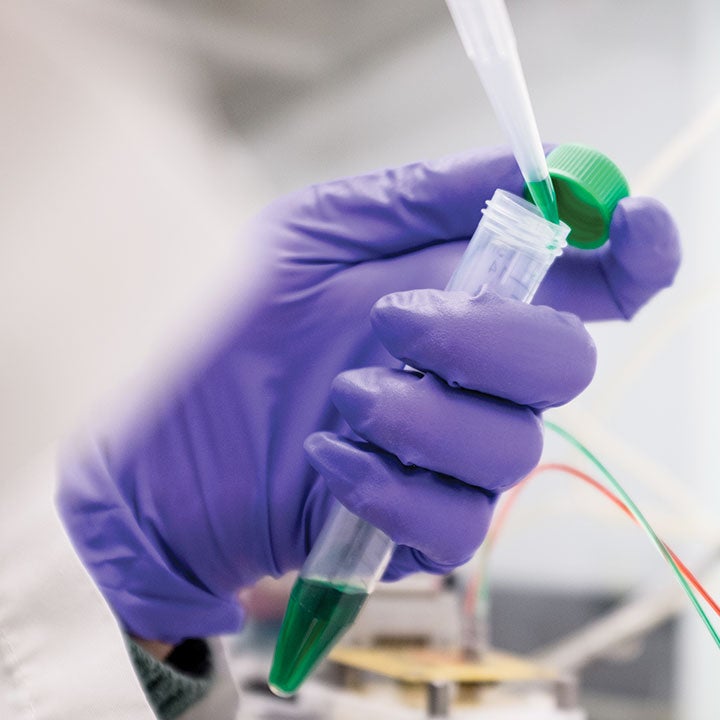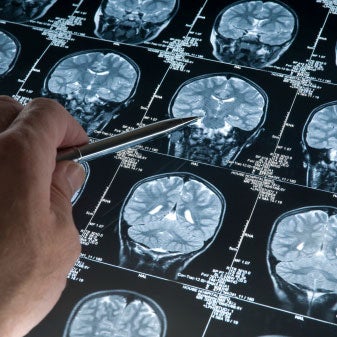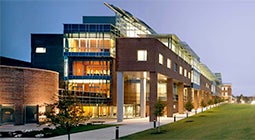The Shirley Ann Jackson, Ph.D. Center for Biotechnology and Interdisciplinary Studies (CBIS) is a pioneering leader in its approach to transforming how scientists and engineers tackle the greatest challenges facing human health and our planet. In our state-of-the-art laboratories devoted to collaborative research spanning multiple disciplines, CBIS is addressing a global problem in a truly interdisciplinary way.
With a focus on translating our research from bench to bedside, our interdisciplinary teams of faculty, postdoctoral fellows, and students have spearheaded greater understanding of neurodegenerative diseases, better drug candidates, and powerful diagnostic imaging modalities. Whether it’s creating artificial skin that can grow its own blood vessels, using deep learning to enable dual screening for cancer and cardiovascular disease, or developing new solutions to fighting COVID-19, CBIS researchers are at the forefront of discovery that is changing the world.
By focusing on the following areas of multidisciplinary research, we target initiatives that make significant impacts for today's global challenges
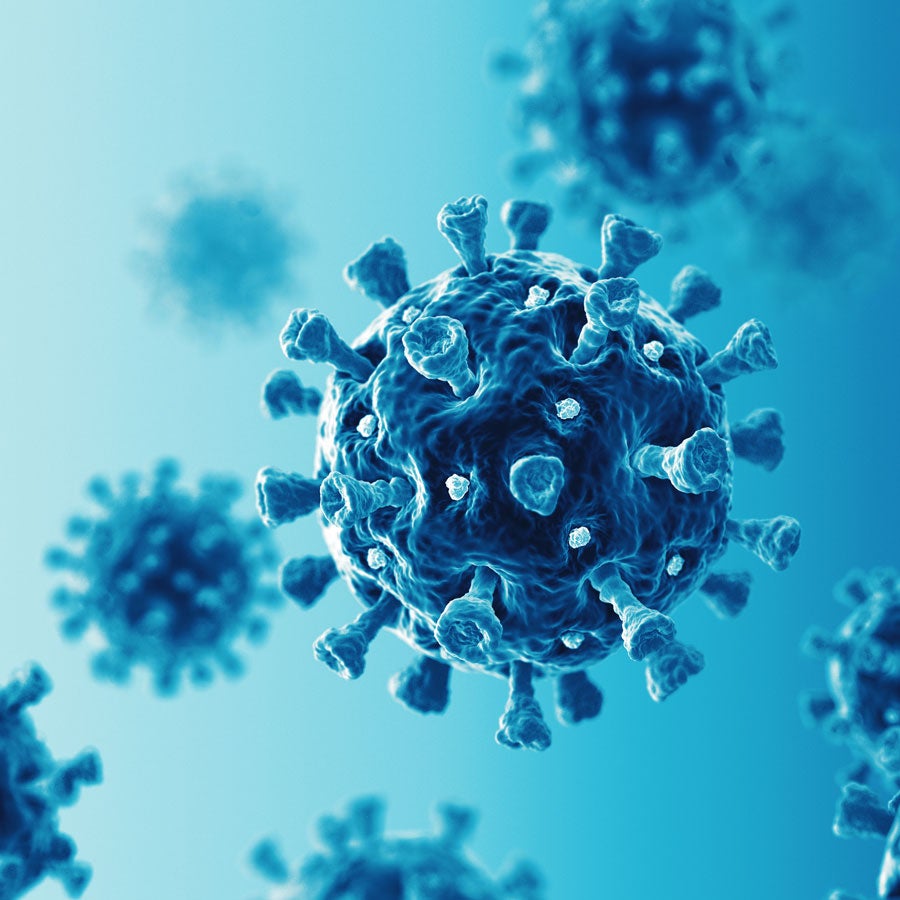
- In Cell Studies, Seaweed Extract Outperforms Remdesivir in Blocking COVID-19 Virus
- Common FDA-Approved Drug May Effectively Neutralize Virus That Causes COVID-19
- Unique System for Using UVC Light to Sterilize Masks in Bulk Developed at Rensselaer
- With NSF Support, Engineers Look for New Ways to Optimize PPE During Pandemic


